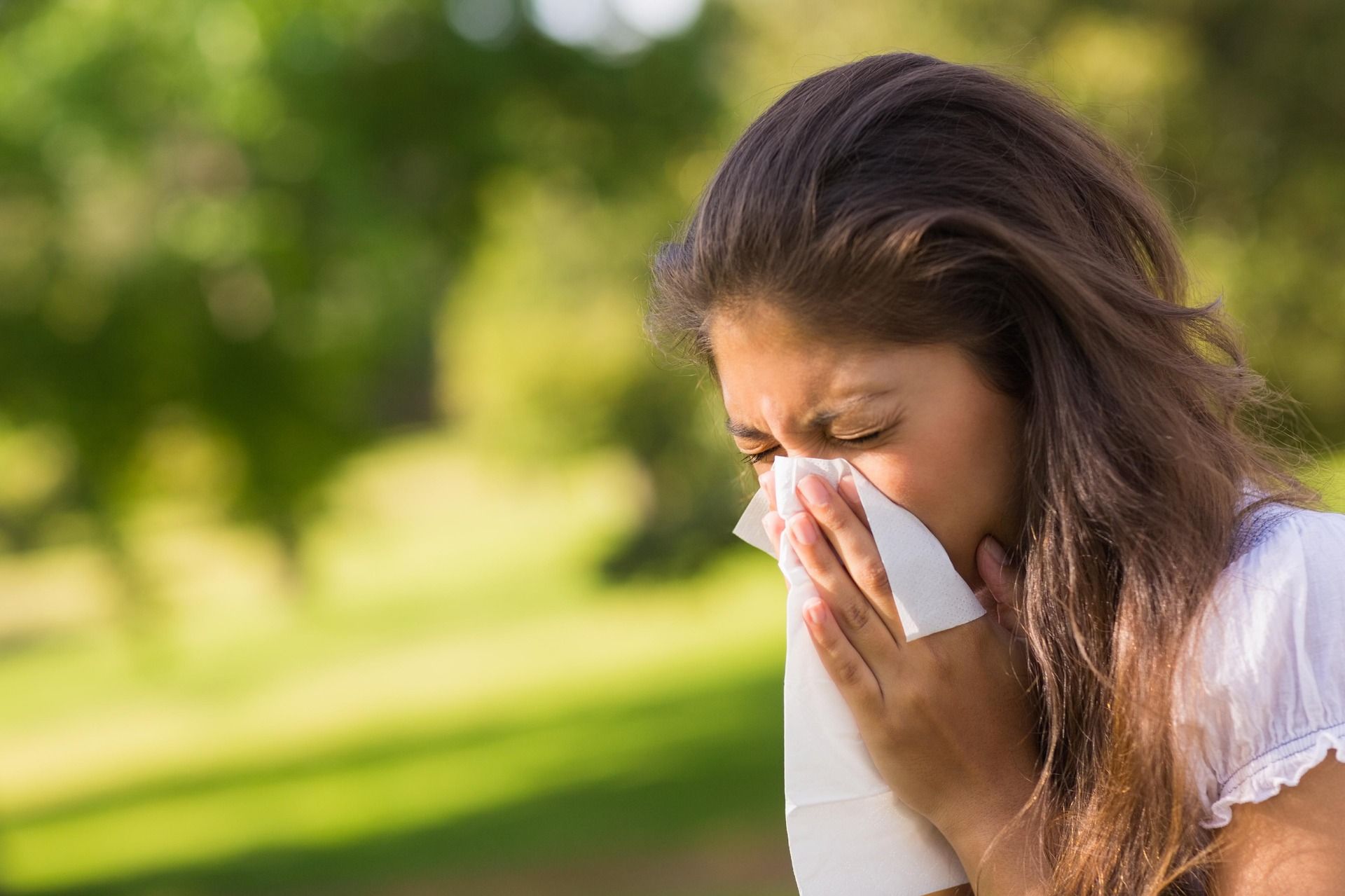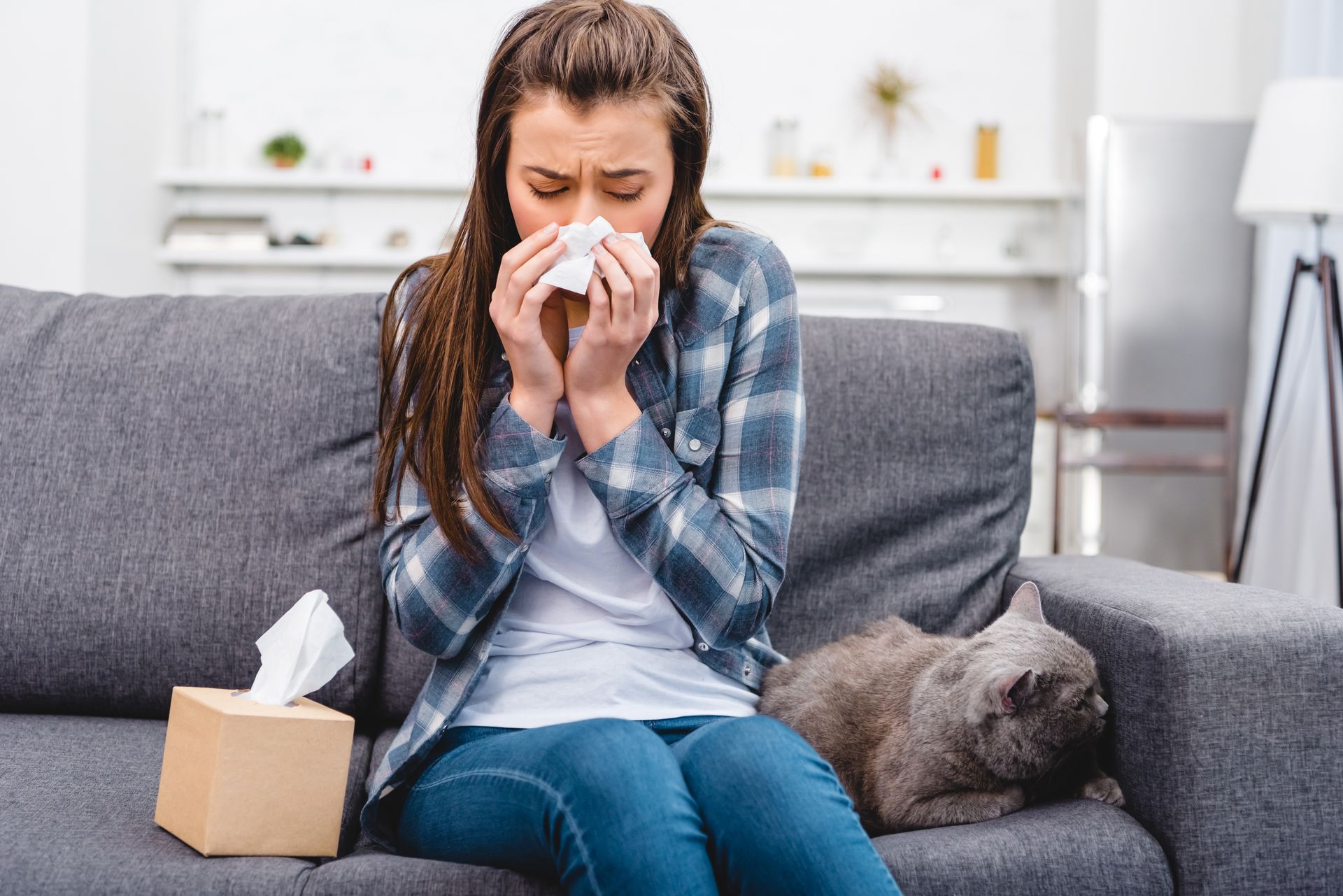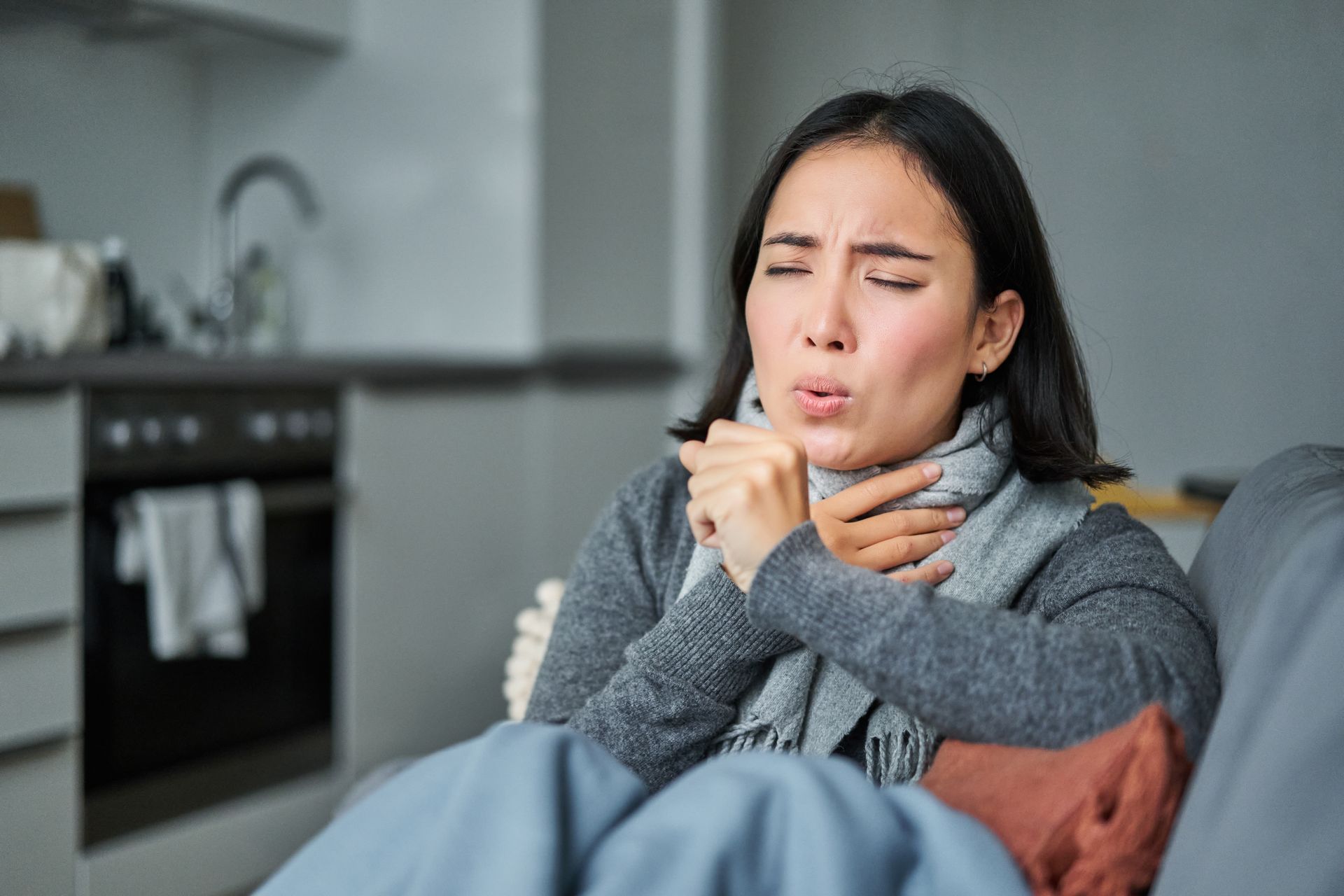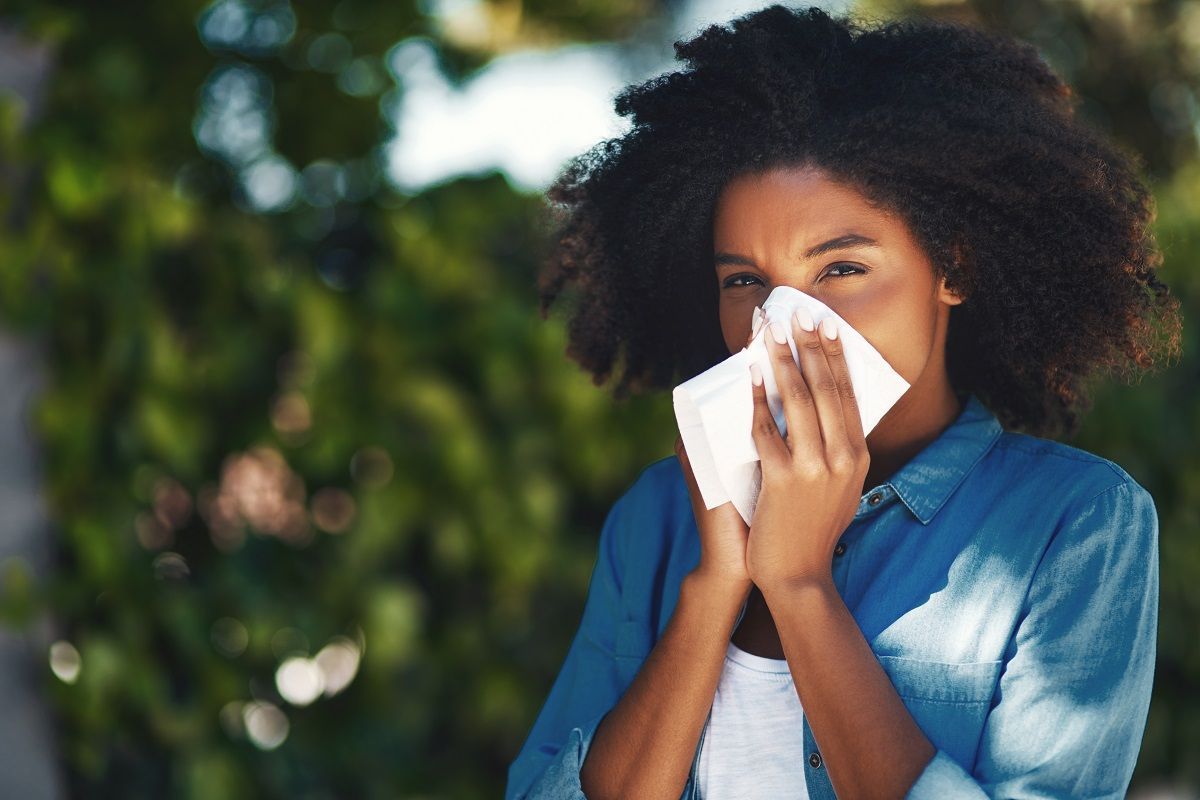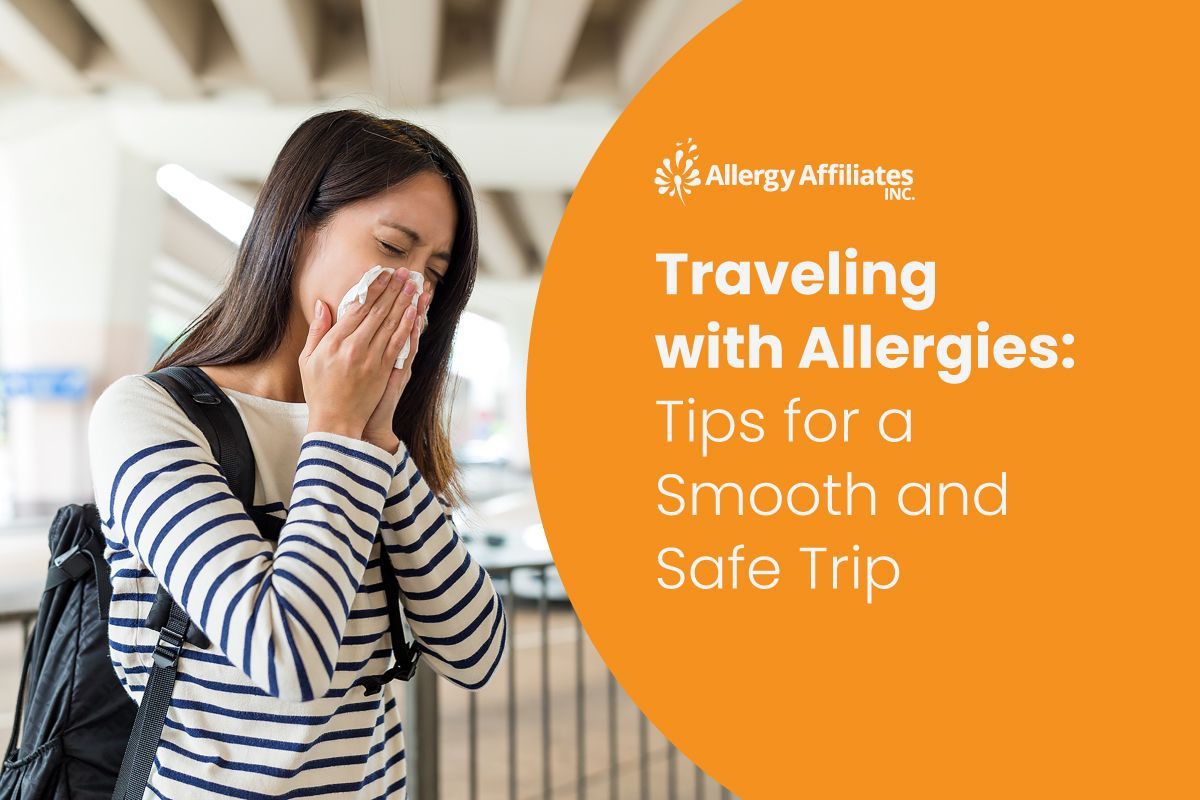
If you’ve been bitten by the travel bug, you’re probably itching to fly to your next destination. But there’s another kind of itch you’re worried about – the allergies you might get wherever you find yourself next. And we understand that planning a trip should be an exhilarating experience, not a source of stress.
As we journey into the world of allergy-conscious wanderlust, we'll uncover the secrets of managing allergies while traveling, what to do for allergies when they occur, and the significance of allergy cards for travel. Let’s make sure your next adventure is filled with unforgettable, worry-free moments.
What is an Allergy?
Allergies happen when our immune system becomes defensive against particular chemicals known as allergens. These reactions could range from minor aches and pains to severe problems and, in some situations, could prove fatal.
An allergen, such as a particular food or substance, triggers a person's immune system to respond. This reaction prompts the release of histamines, leading to various symptoms. The effects range from swelling and itching to respiratory problems like asthma and stomach disorders. Additionally, it can be life-threatening and cause
anaphylaxis, a severe but uncommon allergic reaction that needs immediate medical intervention.
The Most Frequent Causes of Allergies
Being mindful of your allergy triggers becomes even more crucial as you travel to different locations. Landscapes that are more or less allergenic differ by area, from pollen species to regional cuisines. Watch out for the following allergens:
Knowing these potential triggers helps you travel more safely and make informed decisions in case you encounter any of them on your travels.
Travel Allergy Symptoms
Traveling is exciting, but it's even more fun when you know how to prevent and deal with possible travel allergy symptoms. Here are some common signs to watch out for:
- Sneezing and Runny Nose: If you constantly sneeze and deal with a stuffy or runny nose, it could be due to exposure to pollen, dust, or other allergens in the new environment.
- Itchy, Watery Eyes: Allergic conjunctivitis causes your eyes to become watery and red. Pollen, mold spores, or pet dander in the air trigger this reaction.
- Skin Rash: Skin reactions such as hives or eczema occur due to exposure to allergens in new surroundings. Dust mites, certain fabrics, or even hotel bed linens could be potential culprits.
- Gastrointestinal Issues: Consuming unfamiliar food leads to gastrointestinal discomfort, including nausea, vomiting, and diarrhea.
- Breathing Difficulties: Different allergens cause asthma symptoms to worsen. Shortness of breath, wheezing, and coughing could indicate respiratory allergy symptoms.
Learning about travel allergy symptoms helps you identify potential problems before they worsen, so you can manage them before they potentially ruin an otherwise enjoyable trip.
Tips for Allergy-Free Travel: What You Should Consider
Selecting the right destination is critical in managing allergens during your trip. Your chosen location either exacerbates or alleviates allergy symptoms. If a coastal getaway is on your mind, rejoice! Coastal areas often have lower pollen counts, making beach vacations and cruises excellent options for your next adventure.
Regardless of your destination, checking the local weather and allergen forecasts before you set off is essential. To ensure a smooth and allergy-aware journey, consider these precautions:
1. Bring Your Medications
Pack your allergy medications including antihistamines and epinephrine injectors, especially if you're traveling with EpiPen. Keep them readily accessible throughout your trip to promptly address any unforeseen reactions that could arise.
2. Don’t Forget Your Allergy Cards for Travel
These handy cards supply important allergy information in various languages. They're useful when eating out or looking for help in foreign countries.
3. Pack Healthy Snacks
If you are traveling with food allergies, carrying allergen-free snacks prevents hunger and curbs the temptation to try unfamiliar foods that trigger allergies.
4. Prepare Allergy-Free Food
If you have severe food allergies, prepare safe meals and snacks in advance. This way, secure options are readily available for you, especially during transit or in areas with limited allergen-free choices.
5. Make Sure You Have Safe Travel Accommodations
Many hotels and accommodations understand the needs of travelers with allergies. Call ahead to inquire about non-smoking and allergy-friendly rooms, hypoallergenic bedding, and other necessary arrangements.
6. Take Your Doctor's Note
Carry a note from your allergist or doctor outlining your allergies and recommended treatments. This is invaluable during emergencies or when seeking medical assistance during your travels.
7. Get Travel Insurance
Make sure you have travel insurance that covers medical emergencies, including allergy-related issues. This coverage offers peace of mind, knowing you're financially protected in case of unforeseen health challenges away from home.
As you unpack your memories from any trip, it's wise to consider the potential for allergies after traveling. Being mindful of any symptoms that appear once you're back home will allow you to take precautions and seek assistance when you need it.
Frequently Asked Questions (FAQ) on Traveling with Allergies
Is vitamin D the best vitamin to bring when you travel with allergies?
Answer: The best vitamin to carry during traveling depends on factors like your dietary habits, existing health conditions, the length and type of travel you're undertaking, and the destination.
While
Vitamin D is vital for overall health and is beneficial for maintaining bone health and supporting the immune system, it's not necessarily the "best" vitamin for everyone during travel. Talk to a doctor before starting any new supplement regimen, even during a trip.
Is there a specific guideline for bringing medications on a trip?
Answer: The Transportation Security Administration advises all things carried by a passenger must go through a security check. They suggest that medicines have clear labels to make the screening process accessible. They allow you to bring medical liquids, drugs, and creams to your carry-on so they can screen them separately from your other things.
Make Your Next Adventure Allergy-Safe
Allergies make travel challenging, but it should not stop you from enjoying it. Following the tips above allows you to plan your trip healthily, communicate your allergies effectively, choose your food and drink carefully, and prepare yourself for emergencies. With these tips, traveling with allergies is smooth and safe.
Are you ready to travel and see the world? Make sure your next trip goes smoothly and allergy-free. Search for "allergy travel doctors" and "Florida allergist" to visit the experts at Allergy Affiliates. Our brilliant team will work closely with you so that you are ready for your next allergy-free trip. Contact us at (941) 792-4151 or click
here to make an appointment.

